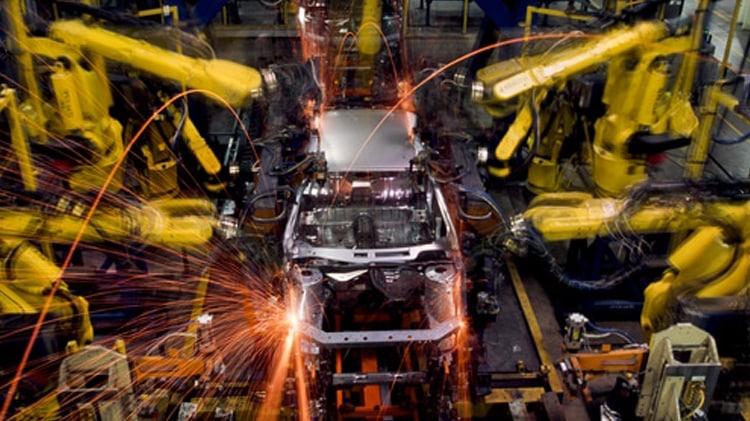According to a UN report, robots could replace workers in two-thirds of all jobs in developing countries. This serves as a wake-up call for these countries – many of which already experience high rates of unemployment – to invest in human resources and devise strategies to make workers more productive.
The report, published by the United Nations Conference on Trade And Development (UNCTAD), analyzes the expected industrialization trends in the developing world. Most notably, perhaps, it points to the increased future use of robots in these countries’ industries as a cost saving measure. Developing countries tend to have a large proportion of low-skilled workers that are vulnerable to being replaced by robots.
The report goes on to explain that employment trends in the developed countries are not likely to be adversely affected since robots have already replaced humans in many of such jobs there.
What are the consequences of this industrial trend for the developing countries? Automation could run the risk of lowering economic activity in developing countries that rely heavily on cheap labour to serve as an incentive for large corporations to invest there. However, robots are fast emerging as an even cheaper alternative to workers in several industries.
With the low labour cost advantage severed, firms no longer have an incentive to invest in the developing countries, and thus “reshore” or relocate to the developed countries that usually offer a more favourable investment climate. This is already happening today, but is likely to be accelerated in the future.
What should developing countries do to counter this problematic situation? The report makes the following recommendations:
Developing countries need to redesign education policies and embrace the digital revolution – this approach should be combined with supportive macroeconomic, industrial and social policies… [This approach] requires redesigning education systems to create the managerial and labour skills needed to operate new technologies and widely diffuse the benefits of their use.
As the report concludes, disruptive technologies bring a mix of benefits and risks. It is now up to developing countries to enhance their human power, and make existing workers more competitive in the face increasing automation.
Via unctad.org






















Thanks for being a PAKISTANI ” We didn’t use Robot “
chalo koi to faida hoa humen pakistani hony ka :/
Ha But Hum Robot Ki Tarha Kaam Zaror Karty Hai !
This article is incomplete without this video! You will see in this video automation produces more jobs!
TED: Will automation take away all our jobs? by David Autor
https://www.youtube.com/watch?v=th3nnEpITz0